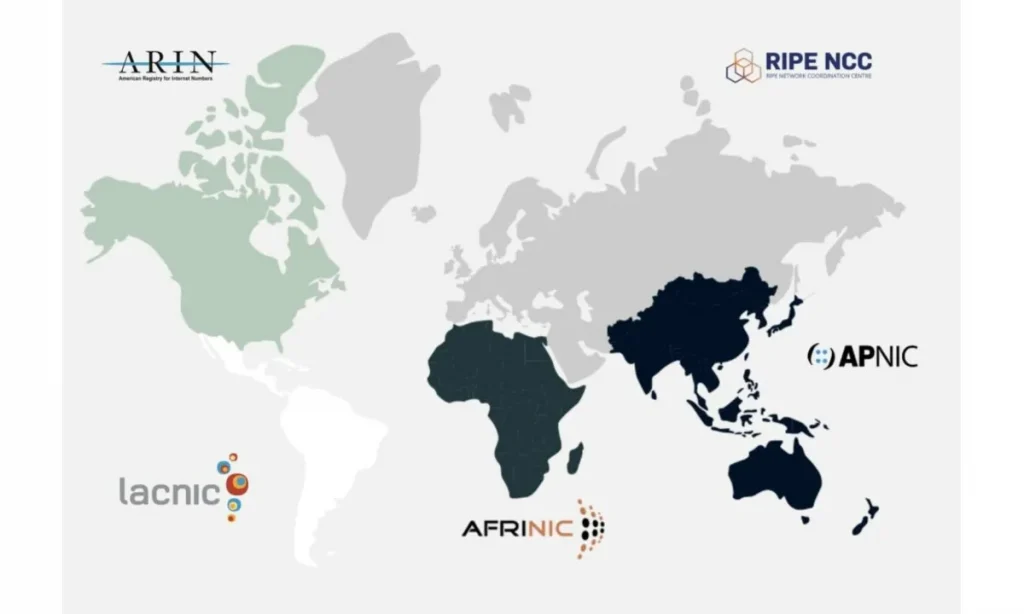- AFRINIC’s June board election is annulled after a single disputed proxy vote triggers suspension and cancellation.
- RIPE and ARIN offer models of clear, resilient election governance that AFRINIC can adapt to rebuild legitimacy.
AFRINIC election annulled over one proxy vote
The African Network Information Centre (AFRINIC), the Regional Internet Registry (RIR) for Africa, has come under fierce criticism after cancelling its June 2025 board election due to the contested validity of a single proxy vote. Just minutes before polls closed at the in-person session, AFRINIC’s Nomination Committee halted voting, citing doubts about that proxy.
As a result, the entire election—already involving hundreds of members and many proxy votes—was annulled. This drastic step has provoked outrage. Observers say cancelling a continental election over one disputed proxy represents an excessive reaction and deepens mistrust in AFRINIC’s governance.
Critics emphasise that the so-called “phantom proxy” vote had no proven impact on the outcome, yet its existence was used to nullify over 800 legitimate votes. Many smaller ISPs, relying on proxy representation, say they were disenfranchised by the cancellation.
Also read: EXPOSED: The letter that reveals who was really benefitting from AFRINIC’s lawsuits
Also read: Is the AFRINIC election process compliant with Mauritian corporate law?
Why AFRINIC’s election system fails under such stress
- Absence of proportionate dispute resolution
A robust election system should allow isolation and verification of suspicious ballots rather than collapsing the entire vote. AFRINIC’s decision to void all ballots over one doubt contradicts this principle.
- Weak transparency and procedural safeguards
The September AFRINIC election was deeply compromised by multiple bylaw breaches that undermined its legitimacy. The NomCom’s formation violated Bylaws 9.1 and 9.1-A, as all five sub-regions were up for election, making a compliant committee impossible but one was created anyway.
Proxy voting, a key democratic right for many members, was unilaterally removed, disenfranchising a large part of the community and violating both the bylaws and Mauritian law. In addition, the process for appointing the board ignored the already agreed upon electoral rules and the voting system was changed without consulting the members.
These breaches combined are telling the whole story the election went outside the legal framework of AFRINIC, and should not, therefore, be considered to have been conducted in a free and fair manner. In the absence of well defined audit trails and publicly known criteria to validate the proxies, the method is subject to charges of manipulation.
- Governance vacuum and reactive decision-making
AFRINIC has not had a fully functioning board since 2022 following legal challenges and a court ruling invalidating its then-board. That long absence has left institutional processes weak. The 2025 proxy controversy exposed how fragile its governance structure remains under pressure.
Also read: AFRINIC elections 2025: ICANN is ‘inappropriate’, ‘unreasonable’ and ‘irresponsible’
Learning from RIPE and ARIN’s robust election models
- RIPE’s clear rules and member voice
RIPE NCC holds elections at general meetings, uses secure electronic voting, and enforces conflict of interest disclosures. Nominees publish statements; campaigns obey guidelines. Open forums let voters question candidates. These features protect legitimacy and reduce disputes.
- ARIN’s independent oversight and audit culture
ARIN entrusts independent Nomination and Election Committees to validate candidate eligibility, oversee the vote, and engage third-party auditors. The election timeline, voting rules, and post-election reports are public. These safeguards ensure consistency and confidence even when contested.
By adopting similar mechanisms — strict proxy validation standards, public audit, election dispute protocols, and staged governance transitions — AFRINIC can reduce risk of future debacles.

